What is an Exercise Physiologist?
Accredited Exercise Physiologists (AEPs) are allied health professionals who specialise in clinical exercise prescription. They work with people, managing chronic and complex health conditions, injuries, or disabilities. AEPs design personalised exercise programs based on each person’s condition, abilities, and health goals, while helping overcome barriers through behaviour change strategies that promote long-term independence.
Why is Exercise Important?
Regular physical activity is a key part of a healthy lifestyle. Inactivity is a major contributor to illness and early death. According to the World Health Organization (2024), 31% of the global population did not meet physical activity guidelines in 2022—a figure projected to rise to 35% by 2030.
There is strong evidence for the following benefits of exercise:
Reduced all cause mortality
Improved metabolic, cardiorespiratory, and mental health
Reduced risk of breast and colon cancer
Improved bone and muscle health
How Much Exercise Do We Need?
Adults are encouraged to do at least:
150 minutes of moderate-intensity aerobic activity, or
75 minutes of vigorous-intensity activity per week
Or a mix of both, e.g. 25 minutes vigorous + 100 minutes moderate
This equates to about 22 minutes a day of moderate activity, which can be spread throughout the day in shorter sessions. It’s also recommended to include resistance training at least two days per week.
If you’re new to exercise, start small—some is better than none, and more is better than less.
What to Expect in an Initial Consultation
Your first session with an AEP will include:
A discussion of your medical history, medications, current activity levels, sleep quality and health goals
Identification of any barriers or risks related to exercise
Basic physical assessments tailored to your goals
This information helps your AEP create a safe, effective, and personalised exercise plan just for you.
What to Expect in a Subsequent Consultation
Follow-up sessions with an AEP are designed to track your progress and adjust your program as needed. These may include:
Goal Check-In – Reviewing your progress, addressing any barriers, and discussing your response to exercise, including energy levels and fatigue.
Supervised Exercise – Completing your exercise program under the guidance of an AEP to ensure correct technique, safety, and progression.
Re-Assessment – Repeating key physical assessments or exercise tests to evaluate your progress and refine your program.
By Jordan Crisp
Exercise Physiologist
To see our Physiotherapists or book in for a Pilates consult, book an appointment with us online today or call our team on 07 55 04 7000.



